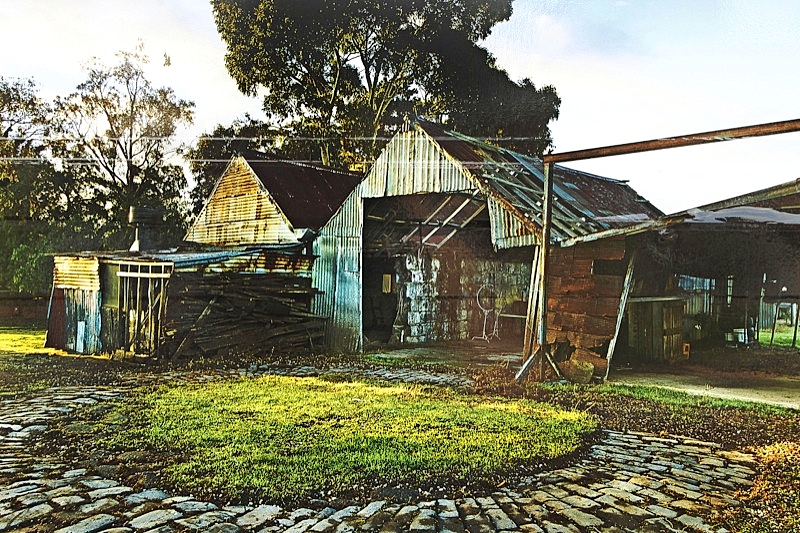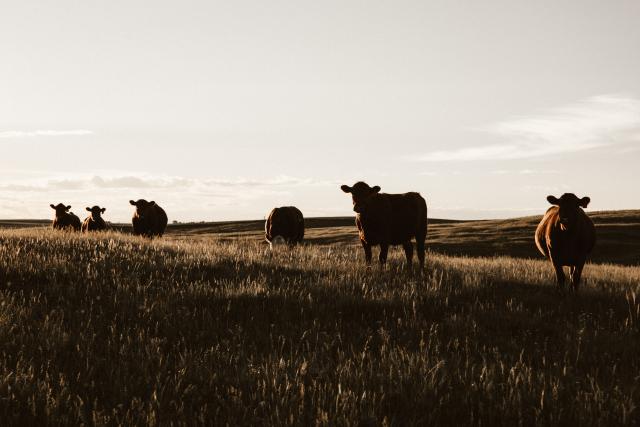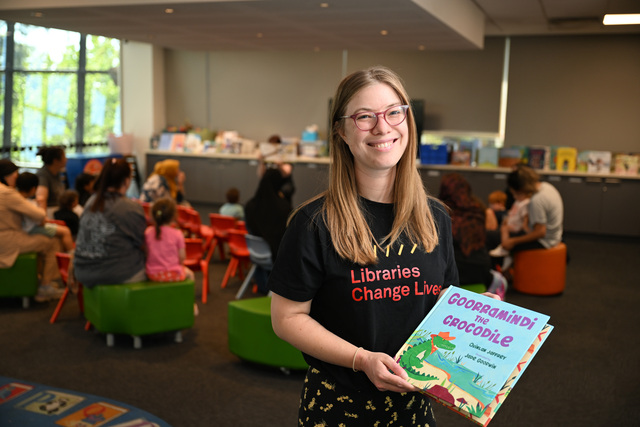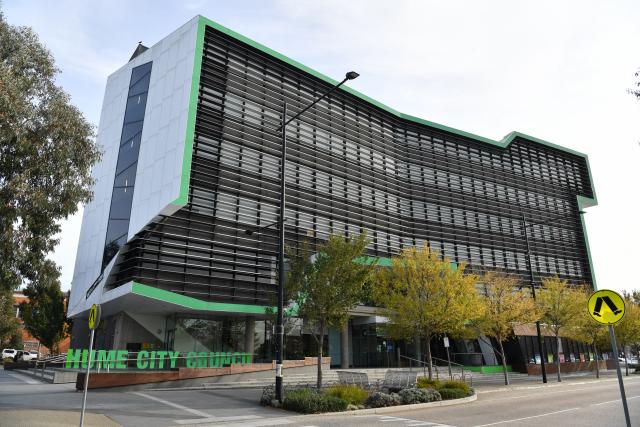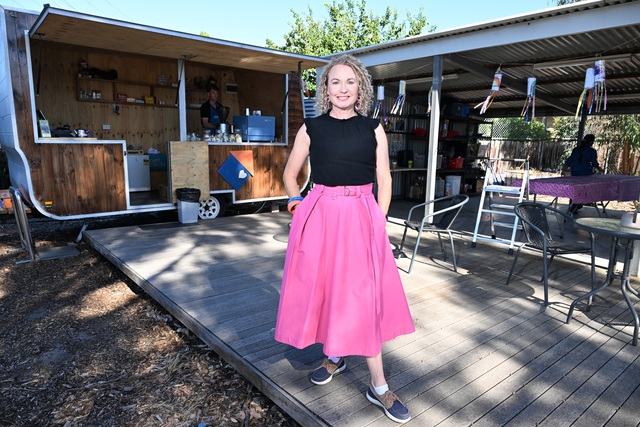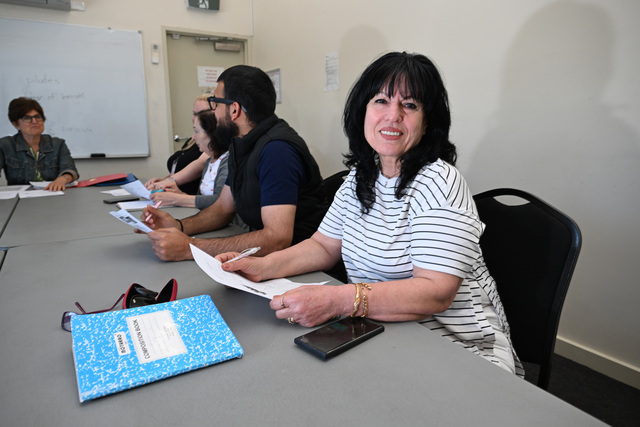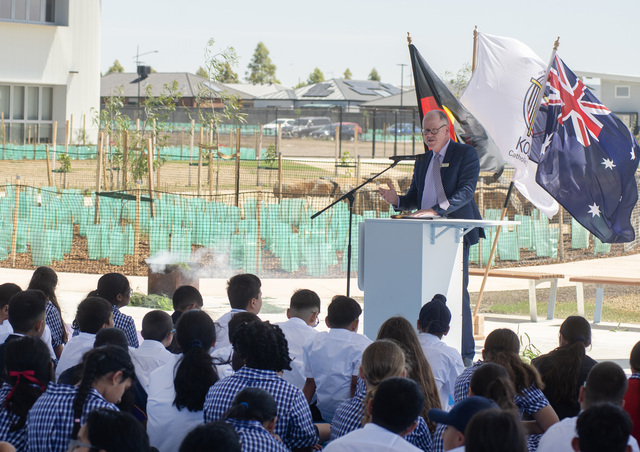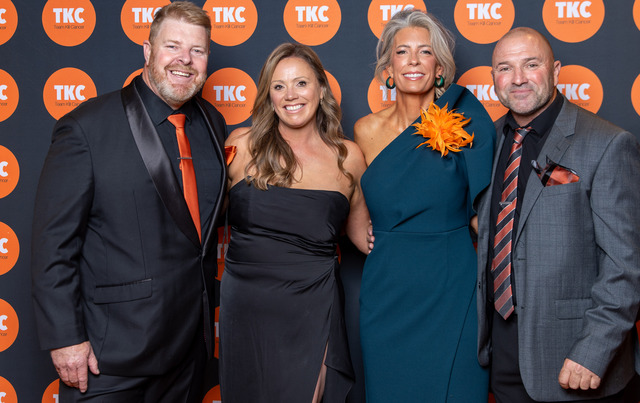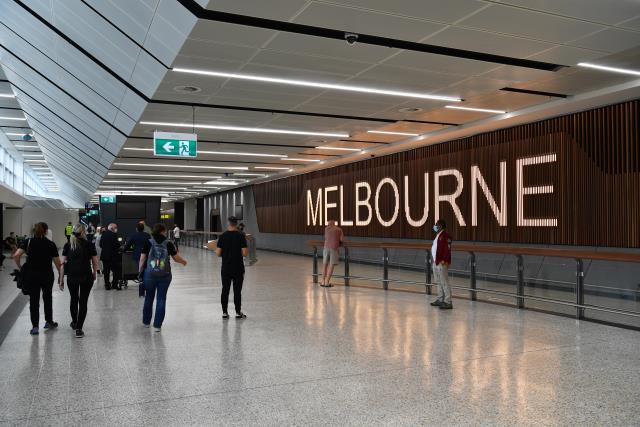By Helen Grimaux
One of the oldest homes in Melbourne went under the hammer at the end of last month after 150 years’ ownership by the same family.
The Wuchatsch’s farmhouse at Roberts Street, Lalor, is on a block of almost one hectare on the banks of Edgars Creek. It includes a traditional German farmhouse built of bluestone with five interconnecting rooms.
It’s the most intact of five original farmhouses and other historic sites that are a legacy of early German pioneers at Westgarthtown, now part of Thomastown and Lalor.
There are three other bluestone outbuildings on the Roberts Street block, including stables, a milking shed and dairy, all joined by inter- connecting cobblestone pathways and drystone walls.
All buildings on the site are listed as number 905 on Victoria’s Heritage Register.
The home was presented at auction by agent Graham Love in 1850s-style, with furniture and fittings of the period.
“A planning permit has been obtained allowing the existing buildings to be retained on one lot of 3905 square metres and seven individual lots to be created on the remaining land,” Mr Love said prior to the May 31 auction.
“This allows the prospective purchaser to retain all or part of this historic property.”
Mr Love told
Star Weekly the property had been sold to a local syndicate of “about three or four men” for a negotiated final sum of
$1.275 million.
“They intend to develop it,” Mr Love said.
He said there had been four bidders for the property, which was passed in at $1.24 million, the final sale price being negotiated afterwards.
Mr Love said he had given the new owners a box of Panadol after negotiations were wrapped up because “they’ve got a lot of headaches” ahead of them. “It hasn’t got five-star rating,” Mr Love observed.
Westgarthtown was Victoria’s first German settlement, established in March 1850 on 640 acres (256 hectares, being section 25 in the Parish of Keelbundoora), 16 kilometres north of Melbourne in present-day Thomastown and Lalor.
William Westgarth, a Melbourne merchant, had initiated German emigration to Port Phillip after observing the “industry, frugality, sobriety and general good conduct” of Germans in South Australia. While in Europe from 1847-49, Westgarth visited Germany to promote emigration to Port Phillip, having also persuaded the British government to offer a bounty to encourage German emigrants.
Most settlers established farms or market
gardens, although some were carpenters, masons and shoemakers.
Dairying was the main farming activity for more than 120 years and, in 1934, Albert Siebel established the Pura Dairy at Preston to sell Westgarthtown’s milk.
Details at : www.westgarthtown.org.au

